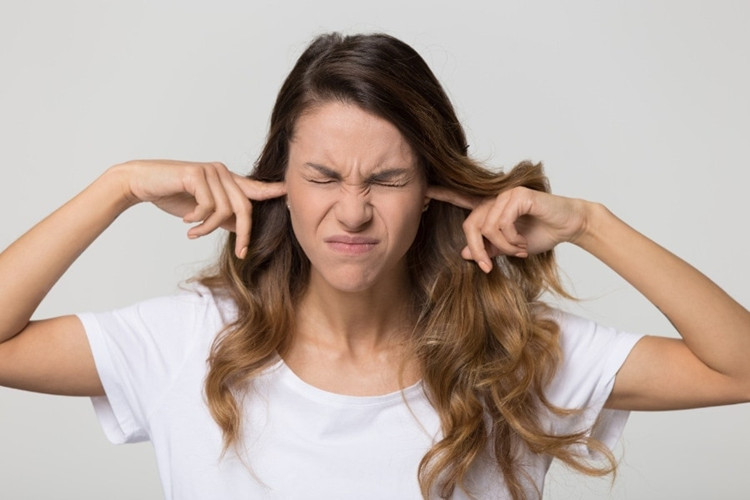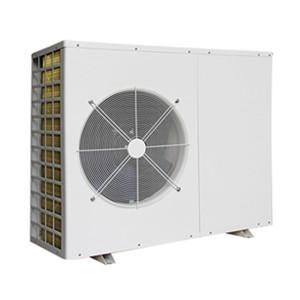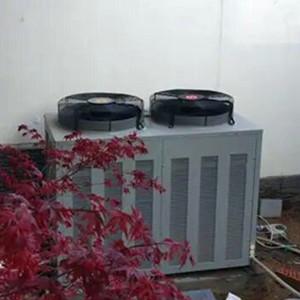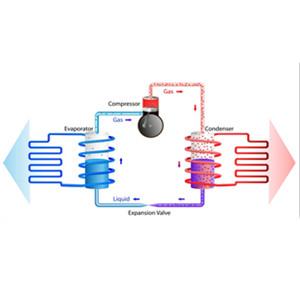Air Source Heat Pump Decibels
Heat pumps don’t come cheap, so you want to make sure your new investment doesn’t cause noise problems for you or your neighbors.
That’s why we’re discussing heat pump noise in this article. We’ll explain the noise levels that heat pumps make, which types of heat pumps are the quietest, and how to make them quieter.
How loud is a heat pump?
The average heat pump is about as noisy as a refrigerator.
Heat pumps emit a low hum, usually no louder than 40 decibels (dB). When a heat pump is overloaded, such as on a particularly cold day, the hum can reach 60 dB.
The myth of noisy heat pumps stems from early modern heat pumps that were noisy. But technology has come a long way since the mid-20th century, and today’s heat pumps are small, efficient, and relatively quiet.
How does this compare to the noise of a boiler?
The average boiler emits noise levels of 40 to 60 dB—similar to the noise levels of a heat pump.
However, a heat pump is likely to emit less noise than a boiler. This is simply due to the different installation locations of the various units.
Most boilers are installed in the home, in a room where you spend a lot of time, such as the kitchen or laundry room if you’re lucky enough.
Heat pumps, on the other hand, are installed outside the home, so you’re less likely to hear the small amount of noise they produce.

What are the noisiest types of heat pumps?
Air source heat pumps and air-to-air heat pumps are the noisiest types of heat pumps. This is mainly because they are more likely to work overtime to heat the home in cold weather than ground source heat pumps or water source heat pumps.
Why is this? Because when the outdoor air temperature is around 0°C, the ground and water temperature is around 10°C. This means that water source heat pumps and ground source heat pumps don’t have to work as hard to draw heat from their respective heat sources in cold weather.
On average, ground source heat pumps and water source heat pumps have noise levels of no more than 42 decibels, while air source heat pumps and air-to-air heat pumps have noise levels that can reach 60 decibels in freezing temperatures.
Can you hear the heat pump when you’re indoors?
You won't usually hear a heat pump when you're indoors.
The average heat pump doesn't make enough noise to be heard in a home, especially if the windows are closed.
The exceptions are if you have your windows open and the heat pump unit is mounted directly below it, or if your windows are particularly poorly insulated.
Even if you can technically hear the heat pump, you're unlikely to actually notice that you hear it. Think about this: do you notice the noise your fridge makes when you're in the kitchen?
Can your neighbours hear your heat pump?
Your neighbours shouldn't hear your heat pump.
The legal noise limit for heat pumps (measured from the nearest neighbour's house) is 42 decibels. This is equivalent to the noise level you'd hear if you were standing next to your fridge.
So the noise level from a heat pump should be about as quiet as a fridge from your neighbour's garden or balcony.
Since most people won't even notice the noise a fridge makes in their own kitchen, your neighbours won't notice - or be bothered by - any noise from your heat pump either.
Are heat pumps noisier in winter?
Heat pumps can be noisier in the winter because they have to work harder to produce heat in cold weather.
Specifically, heat pumps can still draw heat from the outside environment (air, ground, or water) in temperatures as low as -25°C.
However, when temperatures drop below freezing, some heat pumps have to work harder to do this. This is why heat pumps, especially air-source heat pumps, which draw heat from the air, can be noisier in the winter.
Ground-source heat pumps and water-source heat pumps are less likely to work overtime in the winter because the places where they draw heat tend to be warmer than the air during the colder months.
Can you make your heat pump quieter?
There are things you can do to make your heat pump quieter.
First, you can take steps to stop your heat pump from overworking itself, as this is often what causes it to make louder noises.
Make sure your home is well insulated so that the heat generated by the heat pump stays inside. You may also want to consider turning your thermostat to a lower setting, as you may be asking too much of your heat pump and causing it to overwork itself.
Second, you can consider purchasing a heat pump cover. Whether covers actually help reduce the noise level of a heat pump is debatable. But they can help protect your heat pump from debris (such as fallen leaves) or prevent ice buildup during colder months, both of which can cause the machine to malfunction.
What are the quietest heat pumps available?
Several manufacturers have introduced “super-quiet” heat pumps over the past few years.
The quietest heat pumps available today include Leomon’s Logic Air, Daikin’s E-Series heat pumps, and Samsung’s EHS Mono HT Quiet heat pumps.
Most of the heat pumps on this list are air-source heat pumps, but on average, the quietest types of heat pumps are actually ground-source or water-source heat pumps.
That’s because they typically don’t have to work hard to generate heat in cold weather, and their exterior units are located far from your home—either buried in the ground or in a nearby body of water.
Get more information
The key point here is that heat pumps are not noisy. In fact, they may even be quieter than a boiler or refrigerator, since the main components of the heat pump are located outside your home.
If this has reassured you and you’re ready to buy a heat pump, get in touch with us. Leomon is a professional heat pump manufacturer. Our heat pump experts will give you the best advice and free quotation.





